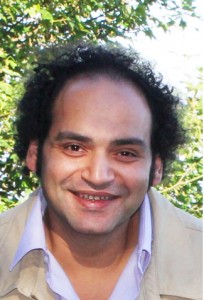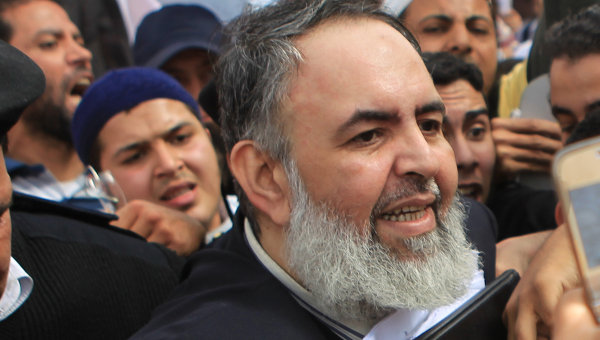
When the presidential election last summer reached its second round with a run-off between Shafiq and Morsy, I was one of those who believed the two choices were too absurd to be considered seriously. On one hand, Shafiq represented everything I no longer wanted Egypt to be and on the other, Morsy represented everything I did not want Egypt to become. My logic at the time was simple and perhaps even selfish. I risked my life more than once during different events over the course of the months that preceded the election, and I saw that the least I could do is vote for someone who sympathised with my cause and who understood it. But Shafiq and his followers criminalised it and Morsy and his Brotherhood demonised it.
On 25 January 2011, the day a generation decided to declare its disobedience and announce its ongoing resistance to a repressive state and a corrupt regime, I was one of thousands of Egyptians who took the decision to be foot soldiers in the battle for a better Egypt, that day the Brotherhood openly stated that it would not participate. Less than two months later during the constitutional amendments referendum, I was one of thousands who said no to amending a faulty constitution and the Brotherhood was on the other end of the pole. During events that followed, starting from the July sit-in, the Mohamed Mahmoud events, the cabinet clashes and before them Maspero, when blood was spilled, human dignity dragged through the dirt, individuality and personal freedom run over by tanks, and eyes shut for good by rubber bullets, the Muslim Brotherhood was not there either. It did not even sympathise with the struggle against military tyranny, their struggle was strictly their own. And this is why both Morsy and Shafiq were equally distant from my revolution and did not represent it.
However, as I tried to practise some objective thinking during that time, one thought always came to me. A Shafiq presidency would have meant another repressive state and a fierce opposition movement, a Morsy presidency would mean a state revolutionary on its exterior, intolerant and suppressive on its interior and at the same time, co-opting a number of opposition movements. A Morsy or a Brotherhood presidency (for they are one and the same) would mean controlling state and street at the same time, commanding the state apparatus and demobilising the street. Last Friday, this thought came to life in Tahrir Square.
No other institutionalised force in Egypt owns the mobilisation capacities that the Muslim Brotherhood does. Their political pragmatism and the fact that they are “electoral creatures” brought them to office, and it was only logical for them to use their mobilising abilities to remain in that office and protect it. Other political forces that decide to take to the streets in opposition to Morsy’s administration and the Muslim Brotherhood’s blatant domination, vulgar exclusion of other forces and sheer propaganda will end up facing the Brotherhood militias that were mobilised last Friday.
The clashes last Friday were horrible but they were not surprising. Have we ever known the Muslim Brotherhood to be tolerant to critique? Since the ousting of Mubarak, were they ever modest enough to admit to their mistakes, or even recognise the simple fact that they can make mistakes? Can we expect a group that never cared to legalise its existence to actually respect any law?
The lesson that the Brotherhood must learn is that they will be opposed. The landscape of Egyptian opposition is changing and the alliances that the Brotherhood made during the transitional period and the first moths of Morsy’s presidency can no longer secure them peace of mind. New forces have emerged, although not sufficiently powerful at the moment, but indeed have sufficient potential that in the long run could prove significant. Those who respond to peaceful protest with violence never endure.
Finally, since Friday, one question has been haunting me. Amidst the clashes between the protesters, where was the police? Am I the only one bothered by the fact that while lives were at risk in the square, several police trucks were securing the president as he prayed in Alexandria?




